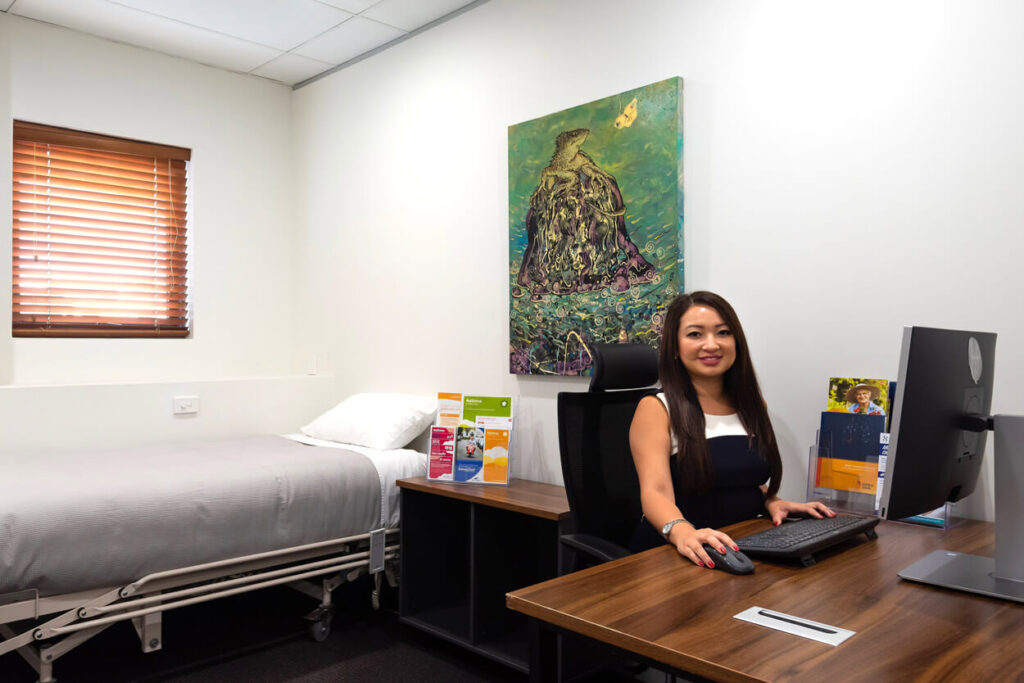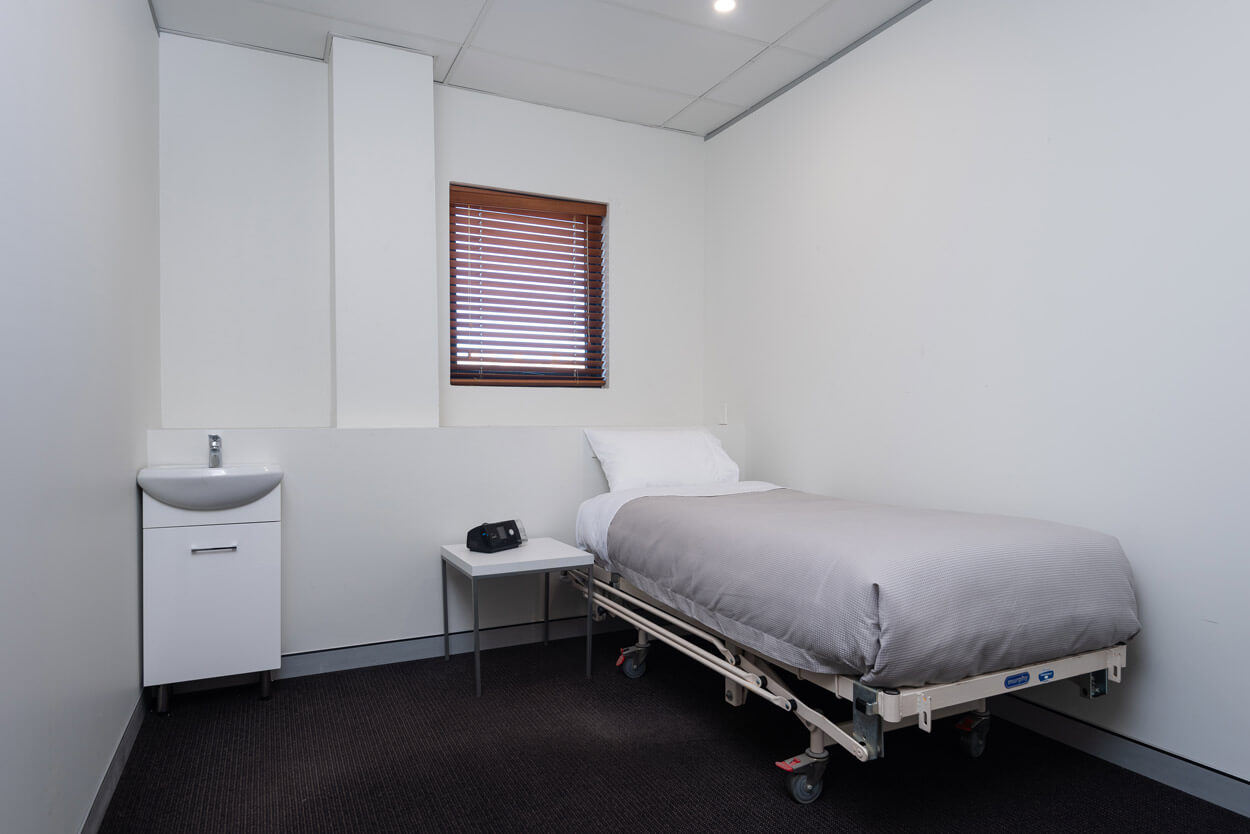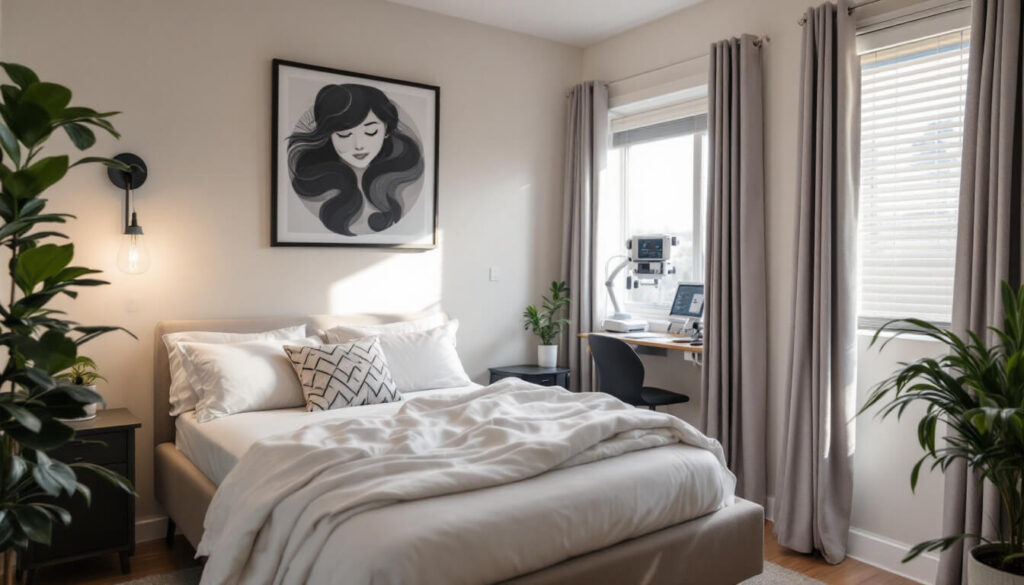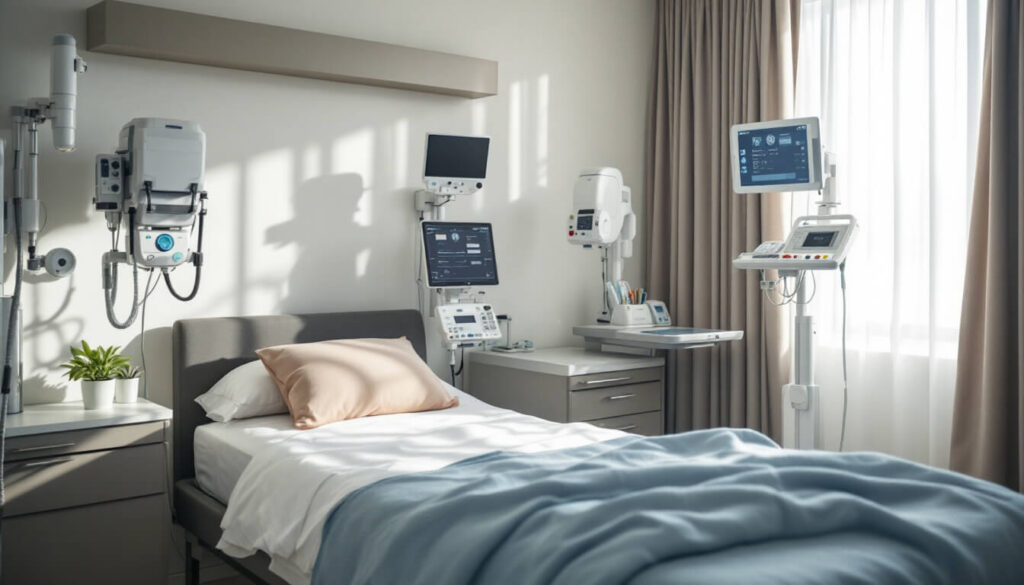CPAP Therapy Demystified: What to Expect and How to Adjust
Living with sleep apnea can feel exhausting, frustrating, and even overwhelming — especially if you’re just starting CPAP therapy. Continuous Positive Airway Pressure (CPAP) machines are considered the gold standard treatment for obstructive sleep apnea, but for many, the adjustment period can be challenging. Understanding what to expect, how to troubleshoot, and tips for a smoother transition can help you reclaim restful sleep and improve overall sleep health.
Why CPAP Therapy Is Important
Sleep apnea disrupts your breathing during sleep, leading to frequent awakenings, oxygen deprivation, and a feeling of being tired after sleeping. Over time, untreated sleep apnea can contribute to high blood pressure, heart disease, diabetes, and cognitive issues.
CPAP therapy keeps your airway open by providing a steady flow of air through a mask. This simple intervention can restore deep, restorative sleep and reduce the risks associated with untreated sleep apnea.
What to Expect When Starting CPAP Therapy
1. Initial Discomfort Is Normal
When you first use a CPAP machine, it may feel strange. Common early experiences include:
- A sense of pressure in your nose or mouth
- Slight congestion or dry mouth
- Mild skin irritation from the mask
These issues typically improve as your body adjusts. Many patients report feeling refreshed and energized once they adapt.
2. Choosing the Right Mask
CPAP masks come in several types:
- Nasal masks cover your nose
- Full-face masks cover both your nose and mouth
- Nasal pillows fit directly into the nostrils
Finding the right fit is critical. An uncomfortable mask can cause leaks, skin irritation, or difficulty sleeping.
3. Adjusting to the Pressure
CPAP machines can have fixed or auto-adjusting pressure settings. Some people may initially feel that the pressure is too high or too low. Sleep specialists can fine-tune settings to maximize comfort and effectiveness.
See more: The Importance of Early Intervention With Kids’ Speech Therapy
Tips for Adjusting to CPAP Therapy
1. Start Slowly
Try using your CPAP for short periods while awake to get used to the mask and airflow. Gradually increase usage until you can wear it throughout the night.
2. Keep the Equipment Clean
Regularly clean the mask, tubing, and water chamber to prevent bacteria and mold growth. Clean equipment also reduces irritation and improves comfort.
3. Use a Humidifier
Dry nose and throat are common complaints. Many CPAP machines have built-in humidifiers that keep the airflow moist and comfortable.
4. Practice Good Sleep Hygiene
Consistent sleep schedules, a cool, dark bedroom, and avoiding caffeine before bed enhance CPAP therapy effectiveness.
5. Seek Support
CPAP therapy can be easier with guidance. Ask your sleep specialist about troubleshooting tips, or connect with support groups online for advice from other patients.

Why CPAP Therapy Works
By maintaining an open airway, CPAP therapy:
- Reduces nighttime awakenings
- Improves oxygen flow
- Restores deep sleep cycles
- Decreases daytime fatigue
- Reduces long-term risks such as heart disease and hypertension
Even if you’ve been feeling tired after sleeping for years, consistent CPAP use can transform your sleep quality and overall health.
Common Challenges and Solutions
1. Mask Leaks
Leaks are a common frustration. Solutions include:
- Adjusting the headgear straps
- Trying a different mask style
- Using mask liners or cushions
2. Difficulty Exhaling
Some people find exhaling against the pressure difficult. Machines with expiratory pressure relief can reduce discomfort during exhalation.
3. Dryness or Congestion
Humidifiers, saline sprays, or nasal filters help keep airways comfortable.
4. Anxiety or Claustrophobia
Practice wearing the mask during the day while relaxing or reading. Gradual exposure can reduce anxiety.
The Long-Term Benefits of CPAP Therapy
Patients who consistently use CPAP therapy experience significant improvements:
- Increased energy and alertness during the day
- Improved mood and cognitive function
- Reduced risk of high blood pressure and heart complications
- Better quality of life and overall well-being
CPAP therapy is not just about treating symptoms — it protects your heart, brain, and overall health while giving you the restorative sleep your body needs.
Conclusion: CPAP Therapy Can Change Your Life
Adjusting to CPAP therapy may take time, patience, and support, but the benefits are profound. If you experience symptoms such as loud snoring, daytime fatigue, or tiredness after sleeping, a sleep study can determine if CPAP therapy is right for you.
Take charge of your sleep health today — consult a sleep specialist, commit to consistent CPAP use, and enjoy the life-changing benefits of better sleep.
FAQS
Adjustment varies, but most people adapt within a few weeks. Starting slowly, practicing with the mask while awake, and gradually increasing nightly usage can help speed adaptation.
Yes. By preventing airway obstruction and restoring deep sleep, CPAP reduces fatigue, increases alertness, and enhances concentration and mood during the day.
Comfort is key for effective therapy. Try different mask styles, adjust headgear straps, or use cushions/liners to reduce leaks and irritation. Your sleep specialist can help you find the best fit.
Yes. Options include oral appliances, lifestyle changes like weight loss, positional therapy, and, in severe cases, surgical interventions. CPAP remains the most effective treatment for moderate to severe sleep apnea.
CPAP Therapy Demystified: What to Expect and How to Adjust Read More »





